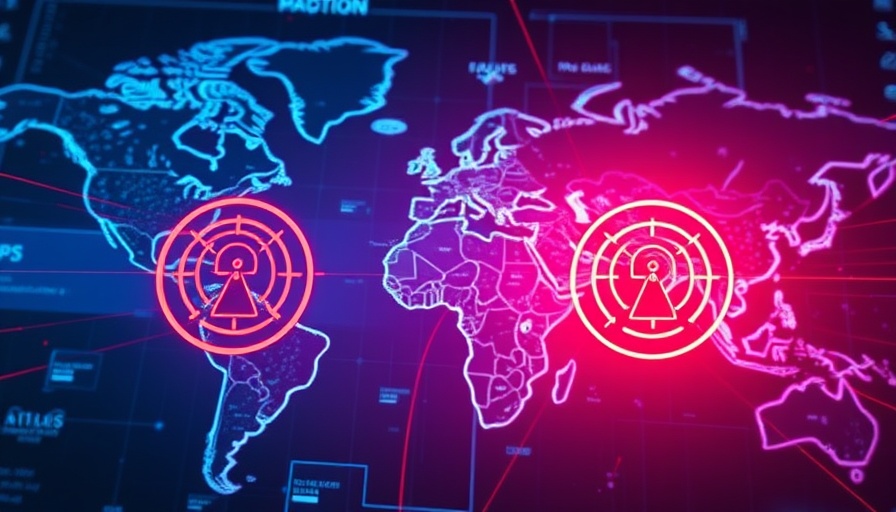
Russian GPS Jamming Incident: A Dangerous Game
On September 1, 2025, as European Commission President Ursula von der Leyen was navigating her plane toward Plovdiv, Bulgaria, a chilling incident occurred—GPS jamming suspected to stem from Russian interference. The aircraft managed to land safely, but this occurrence underlines a significant risk not only to political figures but also to aviation security in Europe.
Context and Implications of GPS Interference
This incident arose amidst von der Leyen's tour of EU nations bordering Russia and its ally Belarus, emphasizing the tense geopolitical climate in the region. During her mission, which aimed to address ongoing security concerns and Russian threats, this blatant act potentially served to underscore the real dangers that EU leaders face. The European Commission, recognizing the severity, reiterated its commitment to enhancing defense expenditures in the wake of such aggressive maneuvers.
EU's Response Strategy Moving Forward
In response to the jamming incident, Arianna Podestà, spokesperson for the Commission, conveyed that the EU would bolster its readiness against Russia's perceived encroachments. This event has sparked discussions about immediate operational improvements in GPS technology and the possibility of legislative measures aimed at combating electronic warfare.
Learning from Past Incidents
The risks associated with GPS jamming are not new. Previous incidents have prompted governments, especially those in technological and defense sectors, to develop countermeasures against potential disruptions. Understanding the technological landscape and resilience will likely drive European countries towards forging stronger alliances and perhaps embracing innovation in satellite navigation technology.
The Bigger Picture: Geopolitical Stability and Business
For business leaders in the tech industry, the implications are profound. As companies grapple with the realities of international relations, fostering corporate stability amidst evolving geopolitical tensions becomes critical. For instance, understanding potential challenges in supply chain operations or disruption risks can drive strategic business growth. Firms must stay informed on developments and consider risk management strategies, ranging from enhancing security protocols to investing in compliance with potential regulations.
Final Thoughts
As the incident with von der Leyen's flight highlights, the intersection of technology and security concerns should encourage businesses, especially those in high-tech sectors, to reassess their risk exposure within current international frameworks. Anticipating future challenges may offer a path not just for raw survival but for thriving in a volatile global landscape.
 Add Row
Add Row  Add
Add 



Write A Comment